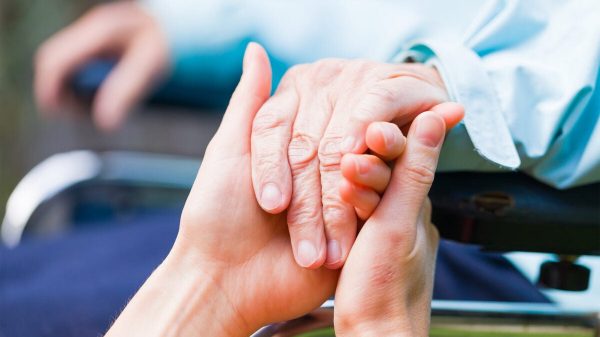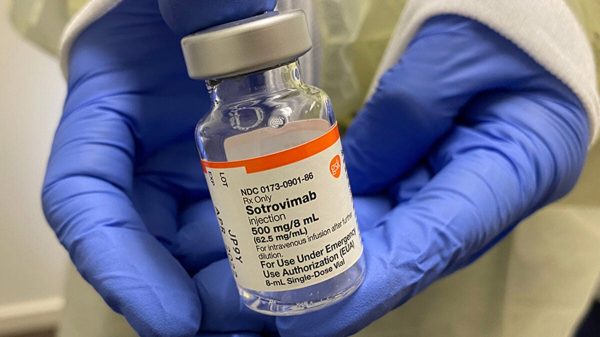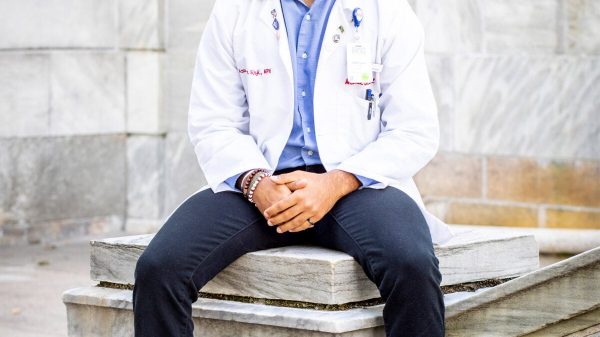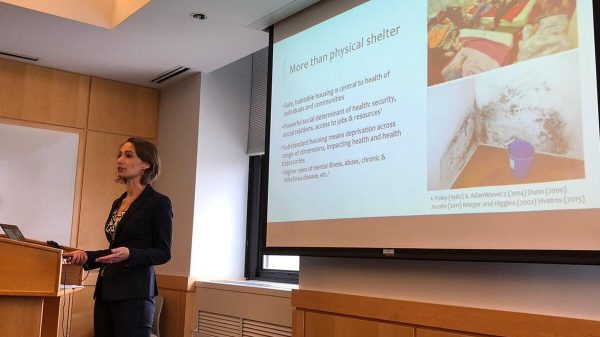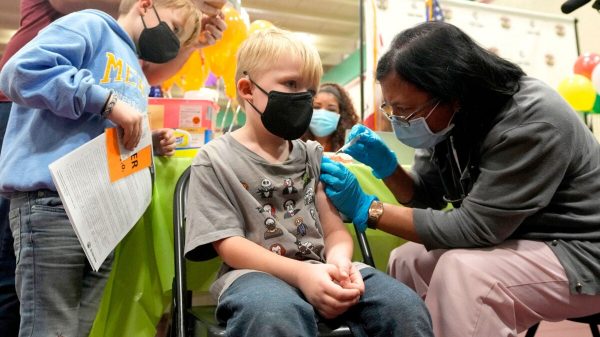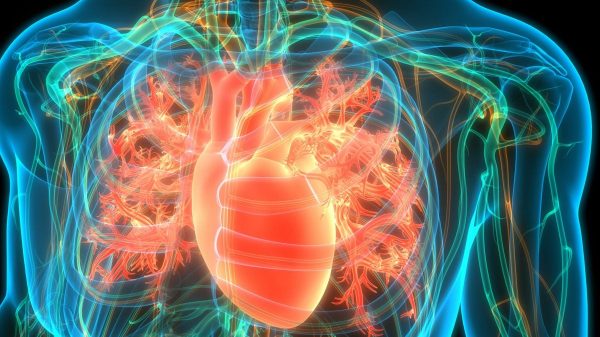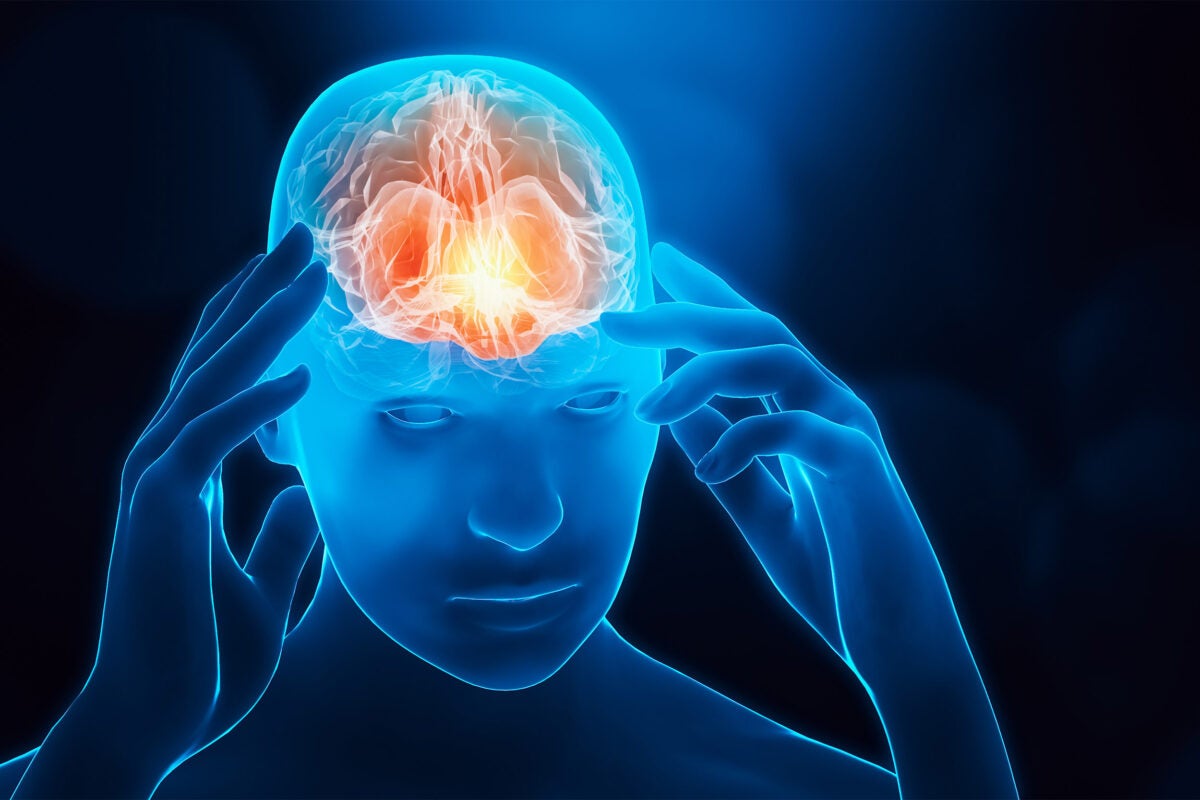Even for those never infected with SARS-CoV-2, new research shows that lifestyle disruptions during the COVID-19 pandemic may have triggered inflammation in the brain contributing to fatigue, concentration difficulties, and depression.
The study, which was conducted by a team led by investigators at Massachusetts General Hospital, is published in Brain, Behavior, and Immunity.
Beyond causing a staggering number of infections and deaths, the COVID-19 pandemic has led to significant social and economic disruptions that have impacted the lives of a large swath of the world’s population in multiple ways. Also, since the start of the pandemic, the severity and prevalence of symptoms of psychological distress, fatigue, brain fog, and other conditions have increased considerably in the United States, including among people not infected with SARS-CoV-2.
To obtain a better understanding of the effects of the pandemic on brain and mental health, researchers analyzed brain imaging data, conducted behavioral tests, and collected blood samples from multiple uninfected volunteers — 57 before and 15 after lockdown/stay-at-home measures were implemented to limit the pandemic’s spread.
After lockdowns, the study participants demonstrated elevated brain levels of two markers of neuroinflammation — translocator protein (measured using positron emission tomography) and myoinositol (measured using magnetic resonance spectroscopy) — compared with pre-lockdown participants. Blood levels of two inflammatory markers — interleukin-16 and monocyte chemoattractant protein-1 — were also elevated in post-lockdown participants, although to a lesser extent.
Participants who reported a higher burden of symptoms related to mood and mental and physical fatigue showed higher levels of translocator protein in certain brain regions, compared with those reporting little or no symptoms. Also, higher post-lockdown translocator protein levels correlated with the expression of several genes involved in immune functions.
“While COVID-19 research has seen an explosion in the literature, the impact of pandemic-related societal and lifestyle disruptions on brain health among the uninfected has remained under-explored,” says lead author Ludovica Brusaferri, a postdoctoral research fellow at MGH and Harvard Medical School. “Our study demonstrates an example of how the pandemic has impacted human health beyond the effects directly caused by the virus itself.”
Senior author Marco L. Loggia, co-director of the Center for Integrative Pain NeuroImaging at MGH and Harvard Medical School, notes that acknowledging a role of neuroinflammation in the symptoms experienced by many during the pandemic might point to possible strategies to reduce them. “For instance, behavioral or pharmacological interventions that are thought to reduce inflammation — such as exercise and certain medications — might turn out to be helpful as a means of reducing these vexing symptoms.”
Loggia adds that the findings also provide further support to the notion that stressful events might be accompanied by brain inflammation. “This could have important implication for developing interventions for a broad number of stress-related disorders,” he says.
Study co-authors include Zeynab Alshelh, Daniel Martins, Minhae Kim, Akila Weerasekera, Hope Housman, Erin J. Morrissey, Paulina C. Knight, Kelly A. Castro-Blanco, Daniel S. Albrecht, Chieh-En Tseng, Nicole R. Zürcher, Eva-Maria Ratai, Oluwaseun Akeju, Meena M. Makary, Ciprian Catana, Nathaniel D. Mercaldo, Nouchine Hadjikhani, Mattia Veronese, Federico Turkheimer, Bruce R. Rosen, and Jacob M. Hooker.
The study was supported by the National Institutes of Health and The Landreth Family Foundation.










